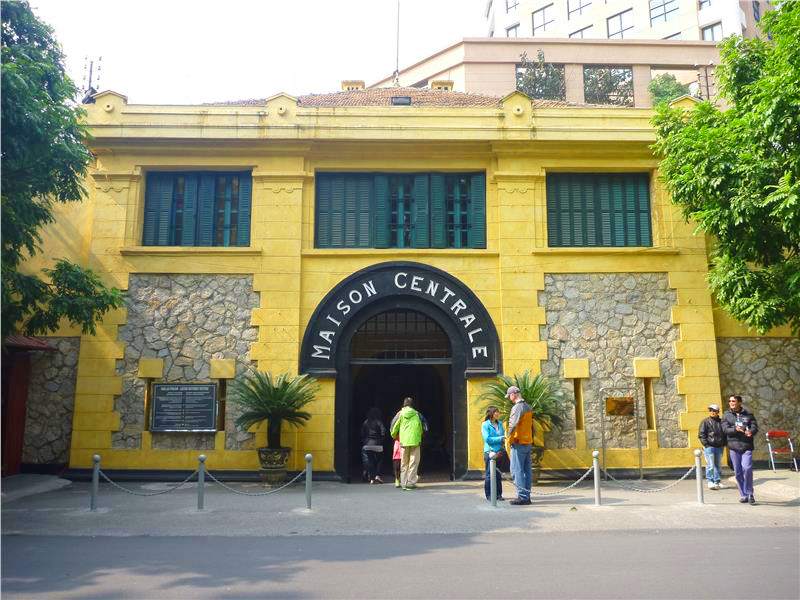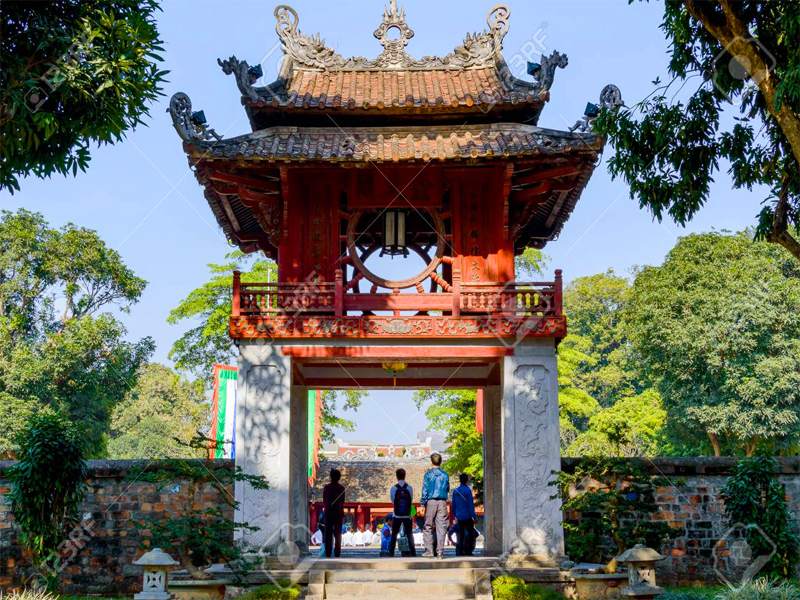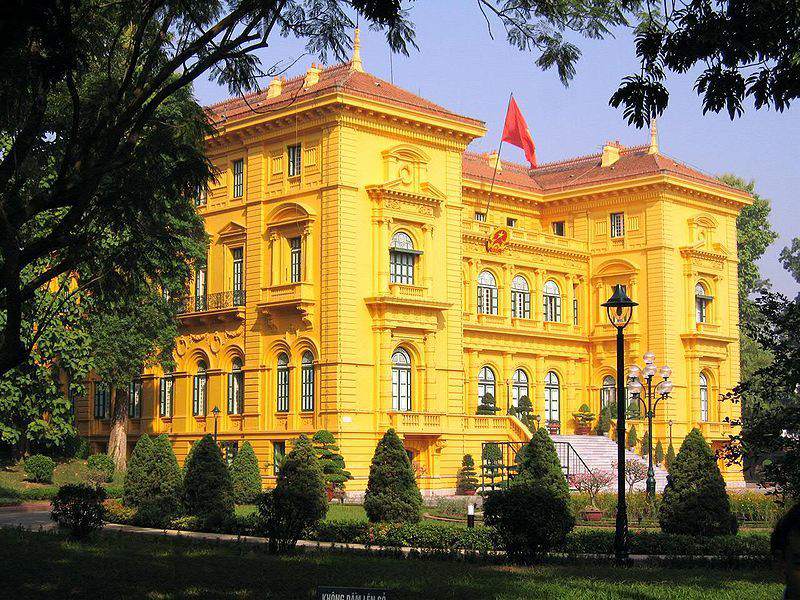Ho Chi Minh Mausoleum
Ho Chi Minh Mausoleum is an important historical attraction of Hanoi, known for honoring the national hero -a great leader of Vietnam:President Ho Chi Minh
Ho Chi Minh Mausoleum
Ho Chi Minh Mausoleum is an important historical attraction of Hanoi, known for honoring the national hero -a great leader of Vietnam:President Ho Chi MinhHo Chi Minh Mausoleum is an important historical attraction of Hanoi, known for honoring the national hero: President Ho Chi Minh. The building is where visitors can express their admiration and gratitude towards the common father/uncle of Vietnamese who has led the country to independence and reunification. It is popularly known among Vietnamese as Uncles’ Mausoleum, for the intimate and familiar atmosphere Ho Chi Minh always created when he was alive. Built over 2 years from 1973 to 1975, the Mausoleum is also a lively illustrator of national unity.



The materials that constitute the building, from exterior granite to interior wood, were contributed by people from all over Viet Nam country. The roof and peristyle are said to evoke either a traditional communal house or a lotus flower, though to many tourists it look like a concrete cubicle with columns.Even the garden that surrounded the Mausoleum has a collection of plants and bonsais donated from all regions in Vietnam. This shows the Vietnamese’s wish to forever keep their dear father/grandfather company. In fact, the construction of the Mausoleum was against Ho Chi Minh’s will. As he passed away, he wished to be cremated and his cremation to be scattered all over the country, so that land can be saved for agricultural production. The mausoleum might be closed occasionally for maintenance so check before you go.
Visiting the Mausoleum is free of charge but involves a set of strictly enforced regulations. No short skirts or tank tops are allowed and there is high level of security check upon arrival. Day packs can be put in a safe deposit before you enter but make sure you do not carry many valuable items with you. Taking photos, talking or finger-pointing are strictly prohibited inside the mausoleums.
Most of the tourists are Vietnamese, and it is interesting to watch their reactions. Most show deep respect and admiration for Ho Chi Minh, who honoured for his role as the liberator of the Vietnamese people from colonialism, as much as for his communist ideology. This view is reinforced by Viet-nam's educational system, which emphasises Ho's deeds and accomplishments.












